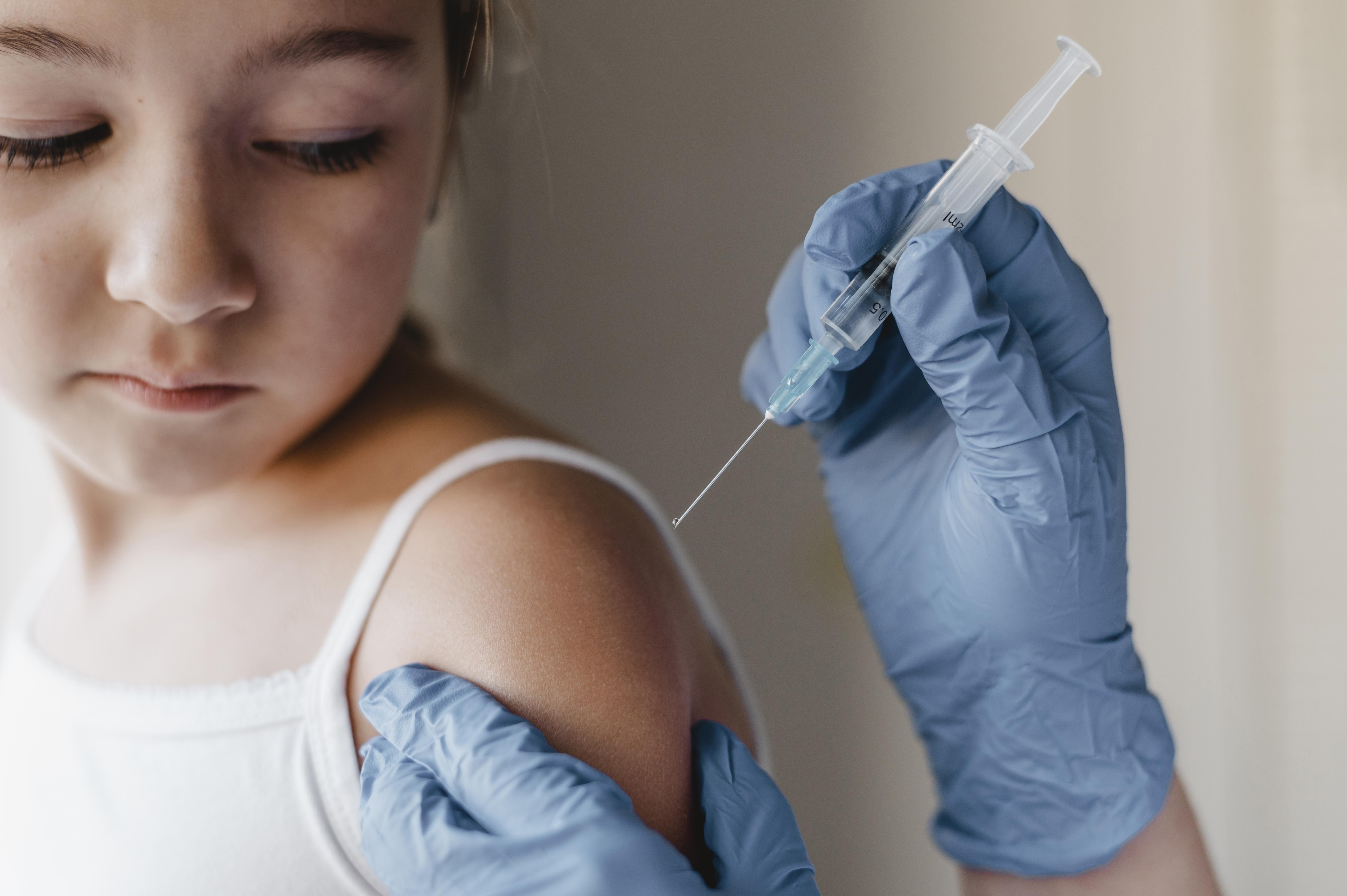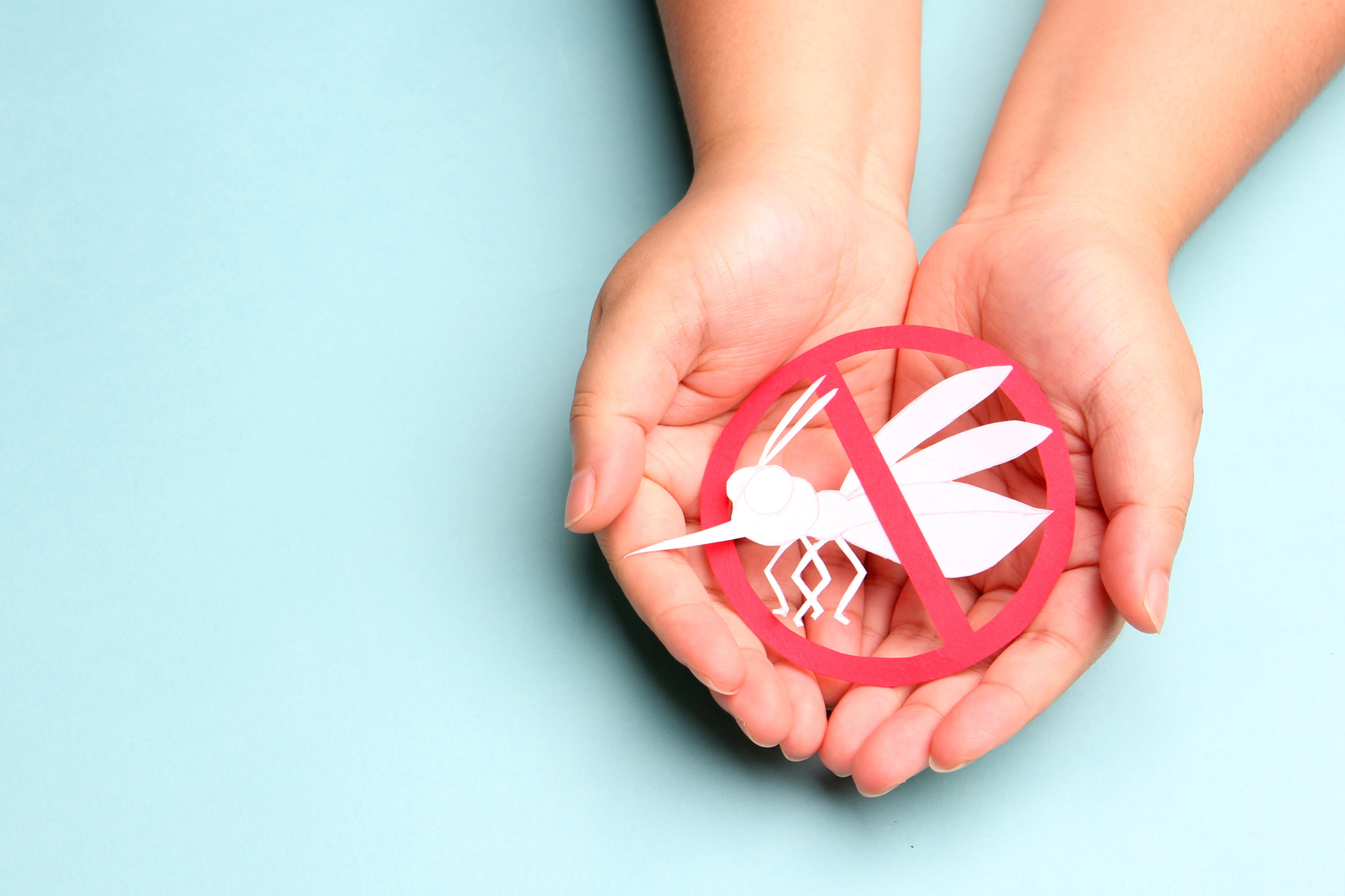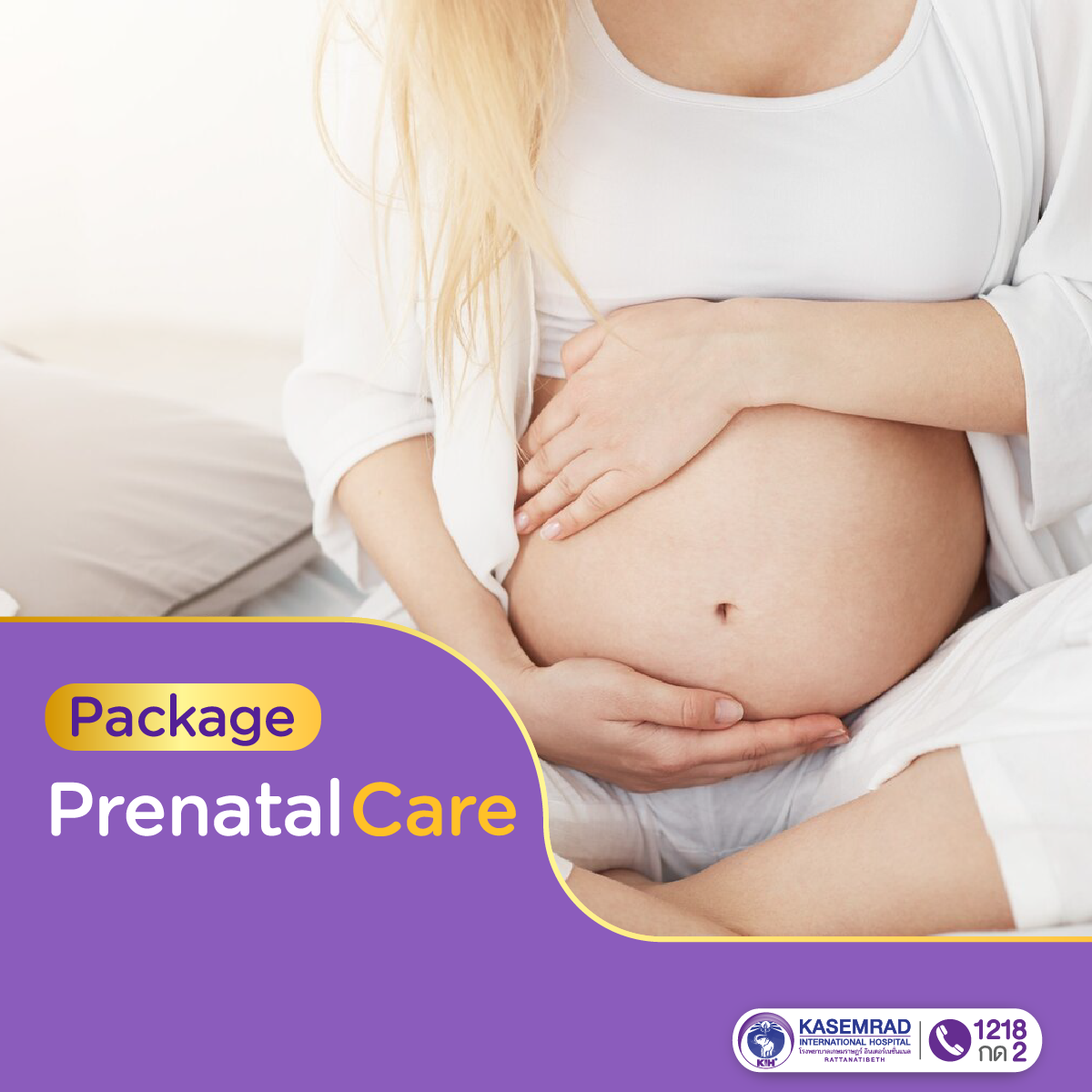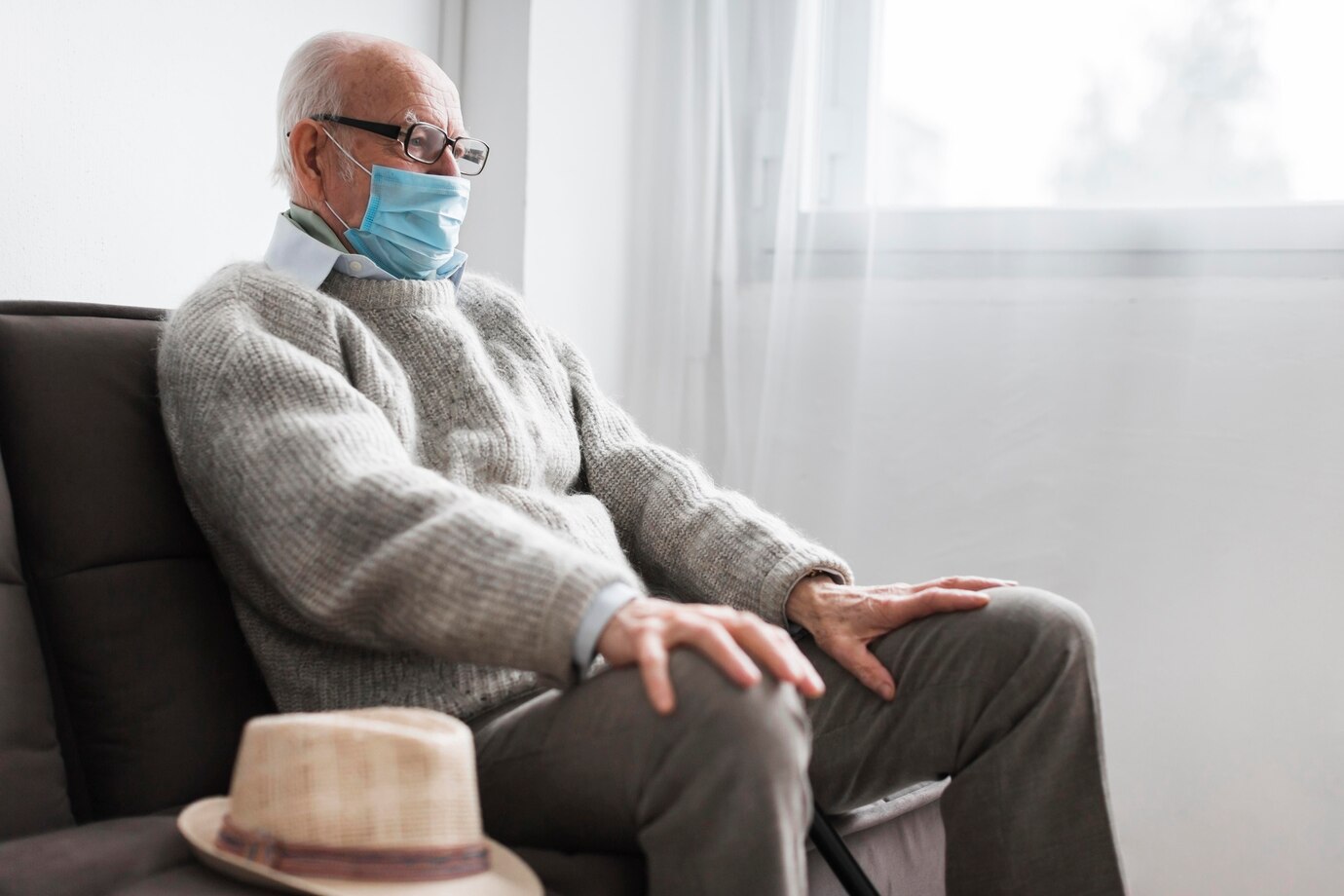What is Dengue Hemorrhagic Fever?
Dengue fever is an infectious disease caused by the Dengue virus, transmitted primarily by the Aedes aegypti mosquito. The severity of the disease can range from mild fever and no symptoms to more severe complications, such as low platelet count, bleeding, hepatitis, and in extreme cases, shock, which can be fatal.
High-Risk Groups:
The individuals at higher risk for severe dengue symptoms include:
- Young children
- Older adults
- People with obesity (BMI > 30 kg/m²)
- Individuals with malnutrition (albumin levels less than 2.5 g/dL)
- Diabetic patients
- Patients with kidney disease
- Those who have been infected with dengue in the past (secondary infections with different strains can be more severe)

Dengue Infection and Immunity:
The Dengue virus has 4 strains (DENV-1, DENV-2, DENV-3, DENV-4). When infected by one strain, the body develops lifelong immunity to that specific strain. Immunity to other strains lasts only temporarily (around 6 months).
Secondary infections (i.e., being infected by a different strain) can lead to more severe symptoms. A person can experience dengue fever up to 4 times in their lifetime.
Prevention of Dengue Fever:
The best prevention is to avoid mosquito bites by:
- Using insect repellent containing DEET or Picaridin.
- Eliminating mosquito breeding grounds by emptying stagnant water from containers.
- Using mosquito nets or mosquito screens, especially in areas with ongoing outbreaks
- Wearing long-sleeved shirts and long pants when in at-risk areas
Dengue Fever Vaccine:
Currently, two vaccines for dengue are registered in Thailand: Dengvaxia® and Qdenga®

Qdenga® Vaccine:
- Type: Live attenuated vaccine developed using Dengue virus strain 2 as the backbone, genetically modified to cover all 4 strains.
- Dosing Schedule: Administered in 2 doses with a 3-month interval between them.
- Age Group: Approved for people aged 4-60 years.
- Effectiveness: The vaccine has an efficacy rate of 80-90% in preventing dengue, and reduces the risk of hospitalization by up to 90% in the first 5 years after vaccination.
- Duration of Immunity: Provides immunity for over 8 years, according to research from Mahidol University.
- Side Effects: Rare, but may include pain at the injection site or mild fever.
Vaccine Recommendations:
Individuals aged 4-60 years can receive the Qdenga® vaccine without the need for pre-vaccination blood tests
After vaccination, if a person develops a high fever or symptoms suggesting dengue, it is important to seek medical care immediately for appropriate diagnosis and treatment.
Dengue fever is preventable through effective measures like avoiding mosquito bites, eliminating mosquito breeding sites, and receiving the Qdenga® vaccine. Vaccination, along with mosquito control, plays a key role in reducing the spread of dengue and preventing severe complications.




















